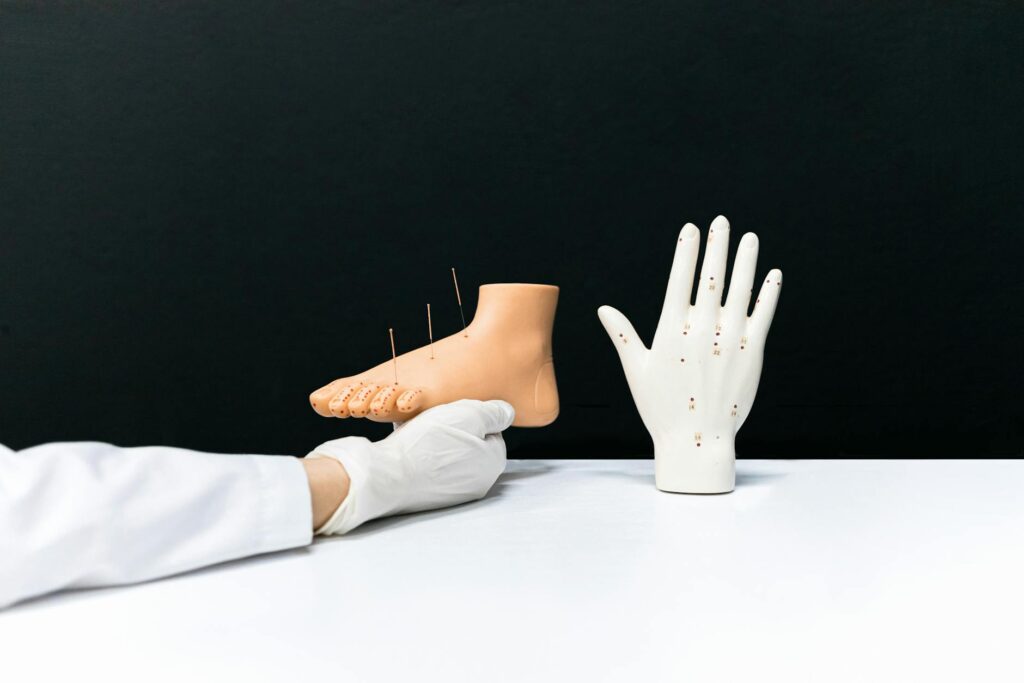What is integrative therapy techniques?

What is Integrative Therapy Techniques?
Integrative therapy techniques are an innovative blend of various therapeutic approaches designed to enhance personal development and mental health. By merging different methodologies, these techniques aim to address the unique needs of each individual, providing a holistic approach to therapy. Understanding integrative therapy can empower you to take charge of your mental well-being and personal growth.
Understanding Integrative Therapy Techniques
Integrative therapy isn’t just a single method; it’s a framework that combines principles and practices from various therapeutic schools of thought. This might include approaches like cognitive behavioral therapy (CBT), psychodynamic therapy, and mindfulness practices. The goal is to create a customized experience that caters to your specific emotional and psychological needs.
This holistic approach recognizes that human beings are complex and multifaceted. Therefore, a one-size-fits-all strategy may not be effective for everyone. Integrative therapy techniques consider the whole individual—mind, body, and spirit—allowing for a more personalized healing journey.
The Foundations of Integrative Therapy
At its core, integrative therapy relies on several key principles:
- Holism: Recognizing that individuals are more than just their symptoms, integrative therapy looks at the whole person, including their physical, emotional, and social well-being.
- Individualization: Each therapy session is tailored to fit the specific needs of the client, combining various techniques to find what works best.
- Collaboration: The therapist and client work closely together, fostering a strong therapeutic alliance that enhances healing.
These foundational principles create a flexible framework that can adapt to a wide range of issues, from anxiety and depression to relationship problems and trauma.
Benefits of Integrative Therapy Techniques
Integrative therapy techniques offer numerous advantages for personal growth and emotional well-being:
- Enhanced Self-Awareness: By exploring various techniques, individuals often uncover deeper insights into their thoughts and behaviors. This self-discovery can lead to significant personal growth.
- Improved Coping Skills: Integrative therapy helps build effective strategies for managing stress and emotional challenges, allowing individuals to navigate life’s ups and downs more effectively.
- Greater Flexibility: The adaptability of integrative therapy means that it can address a wide array of concerns, making it suitable for people from diverse backgrounds and experiences.
For a deeper exploration of the benefits of integrative therapy, you can check out insights from Integrative Life Center.
Common Integrative Therapy Techniques
Integrative therapy encompasses various techniques, each contributing to a more comprehensive therapeutic experience.
Cognitive Behavioral Therapy (CBT)
Cognitive Behavioral Therapy is a cornerstone of many integrative approaches. It focuses on identifying and changing negative thought patterns and behaviors. When integrated with other techniques, CBT can enhance emotional regulation and problem-solving skills. By understanding how thoughts influence feelings and actions, individuals can develop healthier coping mechanisms.
Mindfulness and Meditation Practices
Mindfulness is about being present in the moment without judgment. In integrative therapy, mindfulness practices can help individuals cultivate awareness and reduce stress. Techniques like meditation, deep breathing, and body scans encourage relaxation and self-reflection, enhancing overall emotional health.

Photo by Maksim Goncharenok
Art and Expressive Therapies
Creative practices play a significant role in integrative therapy. Art therapy, music therapy, and drama therapy allow individuals to express their emotions in non-verbal ways. These techniques can facilitate healing and self-discovery by enabling individuals to explore their feelings through creativity.
Integrative Therapy in Practice
Integrative therapy is versatile and can be applied in various settings. Here are a couple of key areas where these techniques shine.
Integrative Therapy in Individual Counseling
In individual counseling, therapists use integrative techniques to create a safe space for exploration. By combining methods that resonate with a client’s experience, therapists can address issues more deeply and effectively. This personalized approach fosters a stronger connection and promotes healing.
Group Integrative Therapy Techniques
In group settings, integrative therapy techniques encourage interaction and support among participants. Sharing experiences in a group can enhance the therapeutic process. Techniques like role-play, guided discussions, and mindfulness exercises can help individuals learn from each other and develop new coping strategies.
The Future of Integrative Therapy Techniques
The landscape of integrative therapy is continually evolving. New trends and technologies are shaping how we approach mental health.
Integrating Technology with Traditional Therapy
With the rise of teletherapy and mental health apps, technology is becoming a valuable tool in integrative therapy. Online platforms can provide access to various therapeutic techniques, making it easier for individuals to find what works best for them. This integration enhances flexibility and accessibility.
Personal Development and Lifelong Learning
Integrative therapy is not just a one-time solution; it promotes ongoing personal development. Lifelong learning is encouraged, with individuals continuously exploring new techniques and insights. This process empowers individuals to take charge of their mental health journey.
Conclusion
Integrative therapy techniques are a powerful way to enhance personal development and mental well-being. By combining various therapeutic approaches, these techniques provide a tailored experience that meets individual needs. Whether through mindfulness, cognitive techniques, or creative expression, integrative therapy offers a path to greater self-awareness, improved coping strategies, and ongoing personal growth. Embracing these techniques can significantly impact your life, leading to a more fulfilling and balanced existence.